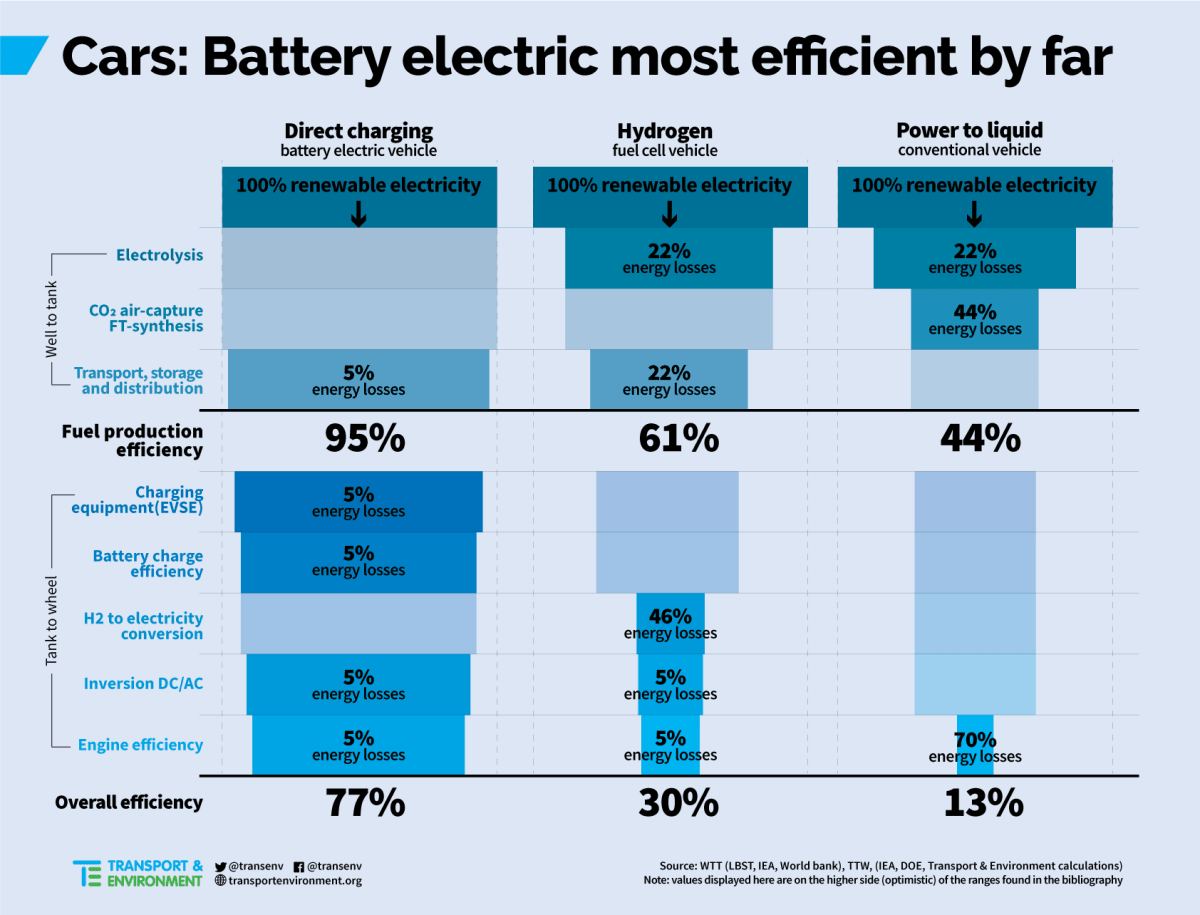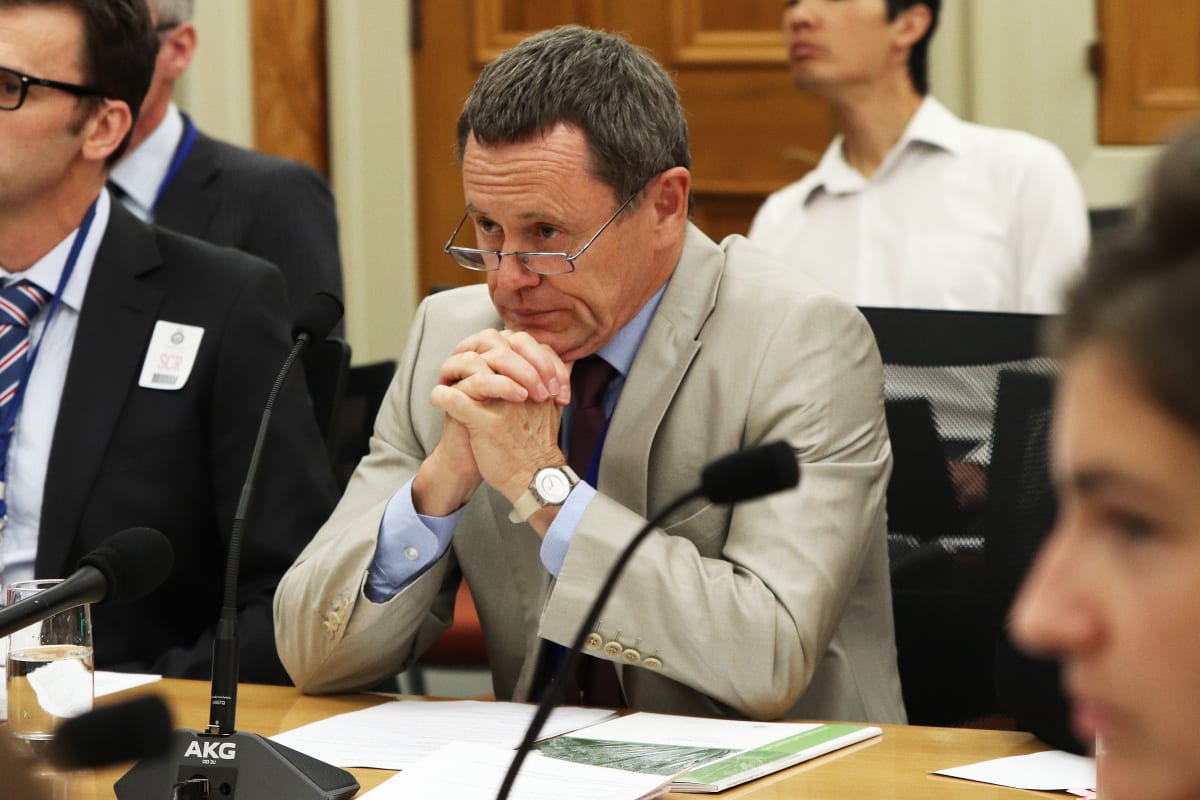
The country's environmental watchdog says going all in on hydrogen could be an expensive mistake that makes it harder to achieve our climate goals
Parliamentary Commissioner for the Environment Simon Upton has written to ministers to warn them to do their due diligence before committing to a green hydrogen production industry in New Zealand.
The letter, dated March 11 and released publicly on Monday, raised concerns that hydrogen production could take up limited renewable electricity resources, slowing the country's decarbonisation at critical points. Most of the hydrogen produced in New Zealand would be for export, meaning we would be aiding other countries with their own energy transitions while our own decarbonisation plans and energy security were put at risk.
Energy Minister Megan Woods, one of the recipients of the missive, told Newsroom the Government will work through these issues when it puts together its national Energy Strategy. That's due after the Emissions Reduction Plan is revealed in May.
"We are following up the 2019 A Vision for Hydrogen in New Zealand with further work to explore the issues that need to be resolved for hydrogen’s use in the New Zealand economy, and what steps need to be taken to resolve these and by when," Woods said.
Read more: Climate editor David Williams' deep dive into green hydrogen
In his letter, Upton wrote that green hydrogen could help with reducing emissions in a limited number of sectors - mainly heavy freight, aviation and heat-hogging industries like steel manufacturing. "However, producing green hydrogen in New Zealand would have an opportunity cost since there are potentially more economically efficient and environmentally beneficial uses for that renewable electricity. The trade-offs need to be explicit and transparently balanced," he wrote.
Green hydrogen is significantly less energy efficient than electrification. Analysis from European climate group Transport & Environment found that renewable electricity loses about 5 percent of its energy between when it's generated and when it arrives at its end use. Green hydrogen, which is manufactured from renewable electricity through a process called electrolysis, loses 39 percent of its energy by the time it's put into a fuel cell.

Fuel cell vehicles are also less efficient than EVs, such that electric cars are 2.5 times more efficient than fuel cell ones overall.
Therefore, Upton wrote, even domestic use of green hydrogen is unlikely to be the most efficient application of the country's available renewable electricity. But domestic use alone won't make hydrogen financially viable.
"The production of green hydrogen remains commercially unproven in New Zealand. While several governments across the world are actively investigating hydrogen as a potential energy carrier for the future, there is not yet a competitive global energy market for green hydrogen."
Other countries with greater renewable electricity resource and lower power prices might be better placed to produce hydrogen competitively. The Government might be tempted to subsidise the industry to make it competitive.
"The Government should be particularly cautious about subsidising the creation of a green hydrogen production industry. While subsidy will sometimes be a sensible way of bringing forward technological change, the potential environmental consequences need to be fully understood in advance – in this case, the likely emissions trajectory caused by any new path dependencies that might be created," Upton wrote.
Woods told Newsroom that large-scale hydrogen projects would only go ahead if they made financial sense.
"So far the Government invested more than $60 million of funding to hydrogen projects through the Provincial Growth Fund, the COVID Response and Recovery Fund, MBIE’s Endeavour Fund, MBIE’s Strategic Science Investment Fund and EECA’s Low Emission Transport Fund. It’s important to note that large scale green hydrogen projects that have been mooted in New Zealand are private industry commercial ventures and would only arise if they made commercial or business sense to the investors."
Upton said he wants to see a "whole energy system analysis so the opportunity cost of green hydrogen can be estimated and compared with alternative options. Any such analysis should start from agnostic premises about the desirability of hydrogen and consider a range of energy technologies and pathways for achieving deep reductions in carbon dioxide emissions together with the social, economic and environmental implications of those pathways."

In the end, Upton is most concerned that hydrogen could use up enough of New Zealand's renewable electricity that we have to defer domestic decarbonisation efforts.
"While it could be argued that exporting green hydrogen would reduce emissions elsewhere in the world, it is reasonable to ask whether New Zealand should be facilitating other countries’ transitions when it is still unclear if New Zealand will even meet its own emissions budgets," he wrote.
"There is a finite amount of renewable generation capacity that can be deployed over the coming decade. In my view it would be best used to decarbonise the domestic economy of New Zealand. It would also improve energy security – something that current events have highlighted."
Woods said she appreciated Upton's letter but that the Government was still keen on hydrogen.
"Our Government sees real potential for hydrogen in our energy system and for decarbonising parts of our economy, whether that is for intensive and long-haul transport, or for process heat in the iron and steel sectors, where it is currently difficult to meaningfully reduce emissions," she said.
"Hydrogen also has potential to increase flexibility in power systems, and this is being explored as a comparator technology in the NZ Battery Project, which is looking at how to solve our dry hydrological year problem. There is likely to be a growing market for hydrogen, particularly in the Asia Pacific region."







